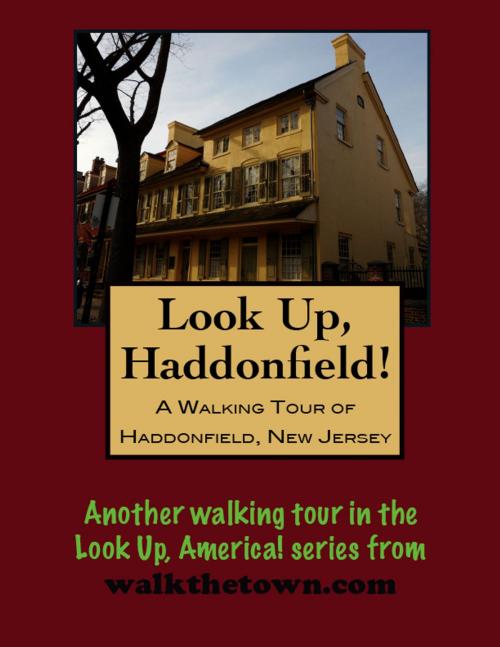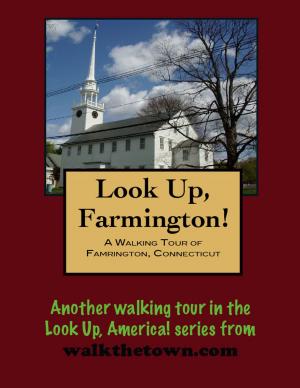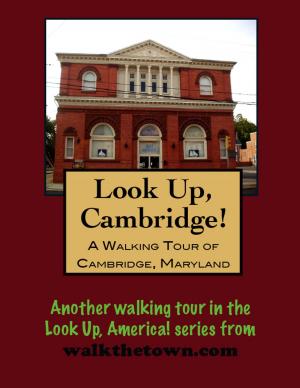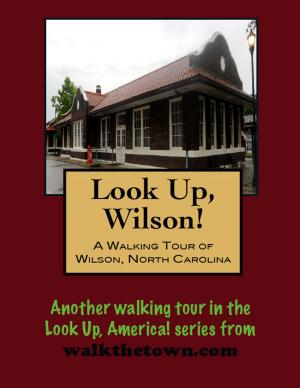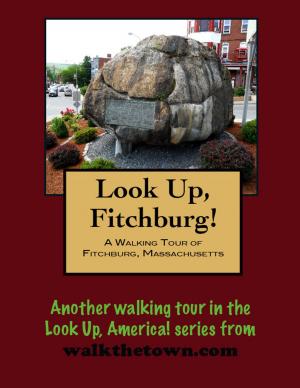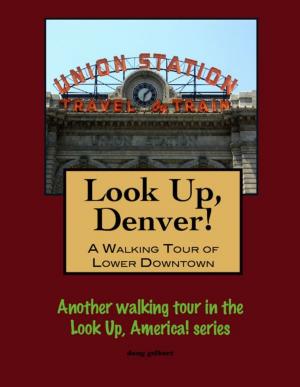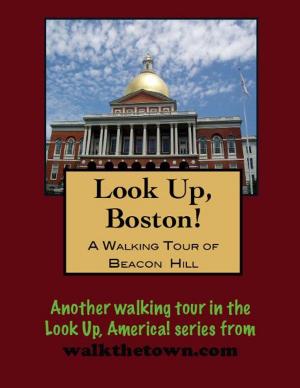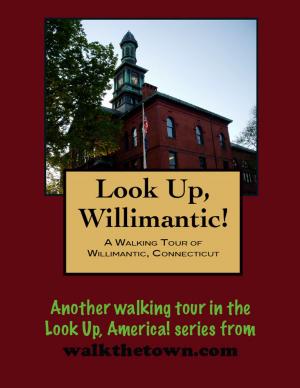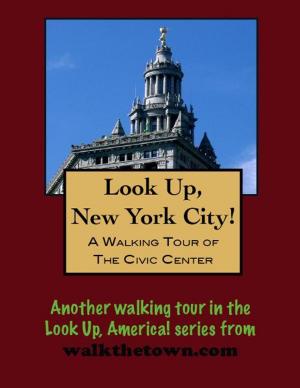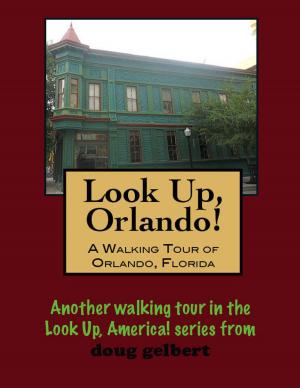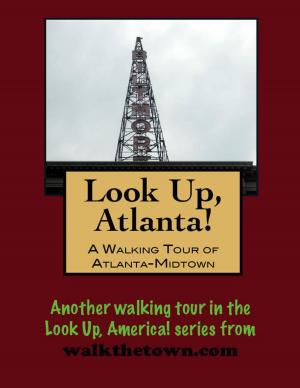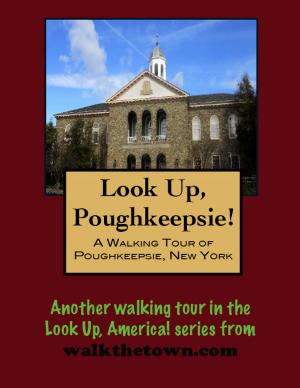| Author: | Doug Gelbert | ISBN: | 9781458085207 |
| Publisher: | Doug Gelbert | Publication: | March 2, 2011 |
| Imprint: | Smashwords Edition | Language: | English |
| Author: | Doug Gelbert |
| ISBN: | 9781458085207 |
| Publisher: | Doug Gelbert |
| Publication: | March 2, 2011 |
| Imprint: | Smashwords Edition |
| Language: | English |
There is no better way to see America than on foot. And there is no better way to appreciate what you are looking at than with a walking tour. This walking tour of Haddonfield, New Jersey is ready to explore when you are. Each walking tour describes historical, architectural landmarks, cultural sites and ecclesiastic touchstones and provides step-by-step directions.
Every tour also includes a quick primer on identifying architectural styles seen on American streets.
On October 23, 1682, when he took up a tract of 400 acres, Francis Collins became the first settler within the boundaries of what is today Haddonfield. An English Quaker and a bricklayer by trade, Collins soon built his house, “Mountwell,” but things didn’t really get rolling until 20-year old Elizabeth Haddon arrived in 1701 to establish her father’s claims here. John Haddon was a wealthy businessman from London, a Quaker and friend of William Penn; in 1698 he purchased land in West New Jersey.
In 1702, Elizabeth married John Estaugh, a young Quaker missionary of some renown. In 1713 they built a beautiful brick mansion on what is now Wood Lane. This date of 1713 has been marked by several celebrations in this century as the “founding” date of Haddonfield. As the furthest point inland of navigation on the Cooper River, Haddonfield flourished throughout the 18th century; by the Revolution it was the largest village in the area.
When the Industrial Revolution arrived in the 1800s, Haddonfield mostly took a pass, evolving into a center of distribution of goods to its neighboring regions than as a base for any kind of manufacturing. There were scattered exceptions, most notably in the pottery business (Potter Street) and some tanneries (Tanner Street). But by and large Haddonfield left the heavy industry to the manufacturing centers in Camden and Philadelphia.
The 1900s brought greater development, as Haddonfield evolved from an agricultural village to a fully developed suburban community. Residents recognized early on the value of preserving a village atmosphere. The Haddonfield Historical Society was founded in 1914; its historic district was the second in New Jersey after Cape May.
We will concentrate our walking tour on King’s Highway, the main road through the British colonies that was built wide enough for the King of England. That generous road never needed to be widened to accommodate automobiles or trollies or parking and the result is a shaded “main street” under 200 year old trees as impressive as any in the region...
There is no better way to see America than on foot. And there is no better way to appreciate what you are looking at than with a walking tour. This walking tour of Haddonfield, New Jersey is ready to explore when you are. Each walking tour describes historical, architectural landmarks, cultural sites and ecclesiastic touchstones and provides step-by-step directions.
Every tour also includes a quick primer on identifying architectural styles seen on American streets.
On October 23, 1682, when he took up a tract of 400 acres, Francis Collins became the first settler within the boundaries of what is today Haddonfield. An English Quaker and a bricklayer by trade, Collins soon built his house, “Mountwell,” but things didn’t really get rolling until 20-year old Elizabeth Haddon arrived in 1701 to establish her father’s claims here. John Haddon was a wealthy businessman from London, a Quaker and friend of William Penn; in 1698 he purchased land in West New Jersey.
In 1702, Elizabeth married John Estaugh, a young Quaker missionary of some renown. In 1713 they built a beautiful brick mansion on what is now Wood Lane. This date of 1713 has been marked by several celebrations in this century as the “founding” date of Haddonfield. As the furthest point inland of navigation on the Cooper River, Haddonfield flourished throughout the 18th century; by the Revolution it was the largest village in the area.
When the Industrial Revolution arrived in the 1800s, Haddonfield mostly took a pass, evolving into a center of distribution of goods to its neighboring regions than as a base for any kind of manufacturing. There were scattered exceptions, most notably in the pottery business (Potter Street) and some tanneries (Tanner Street). But by and large Haddonfield left the heavy industry to the manufacturing centers in Camden and Philadelphia.
The 1900s brought greater development, as Haddonfield evolved from an agricultural village to a fully developed suburban community. Residents recognized early on the value of preserving a village atmosphere. The Haddonfield Historical Society was founded in 1914; its historic district was the second in New Jersey after Cape May.
We will concentrate our walking tour on King’s Highway, the main road through the British colonies that was built wide enough for the King of England. That generous road never needed to be widened to accommodate automobiles or trollies or parking and the result is a shaded “main street” under 200 year old trees as impressive as any in the region...
